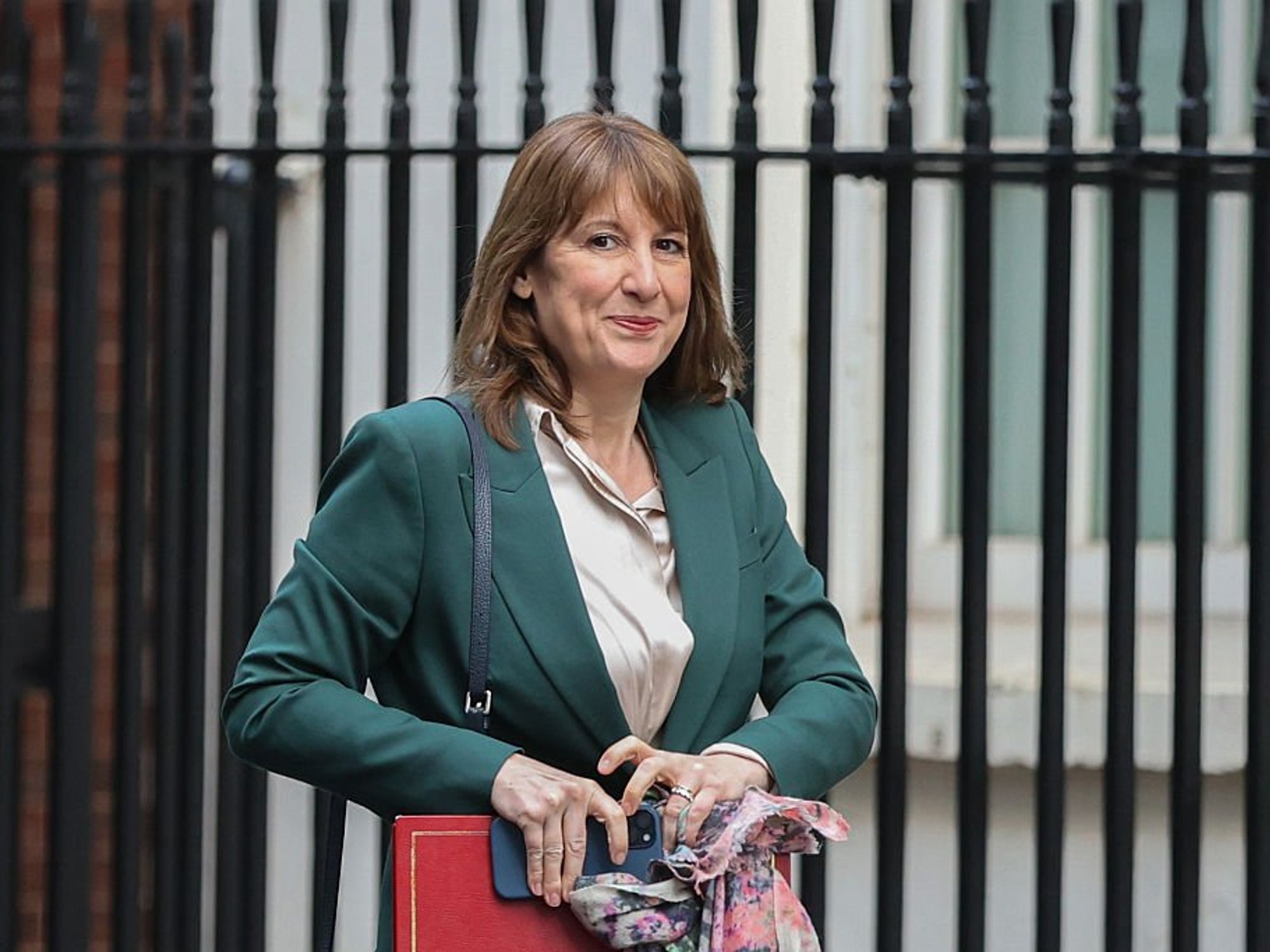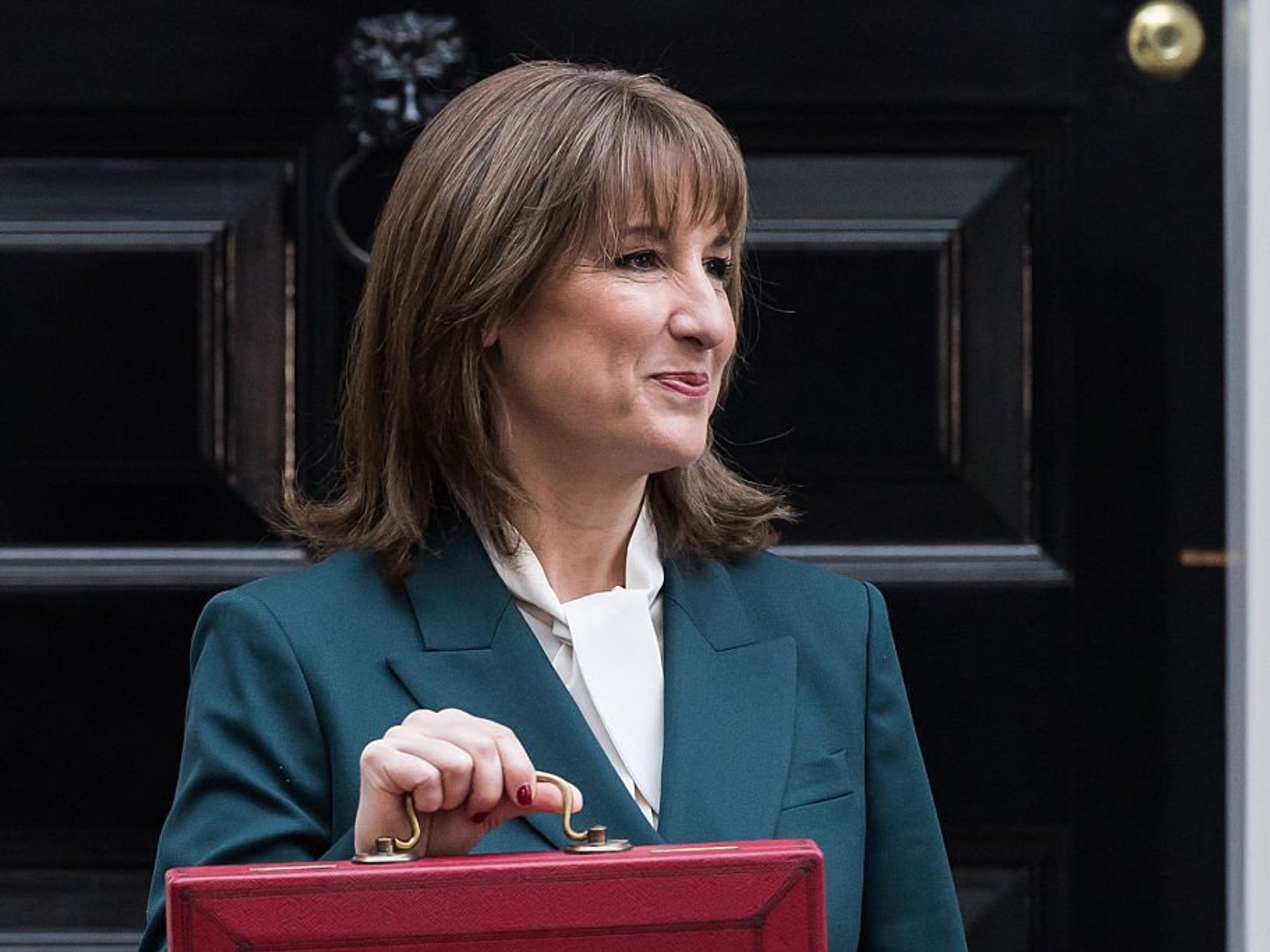Universal Credit alert as DWP takes £60 a month from payments with 'barely any warning'
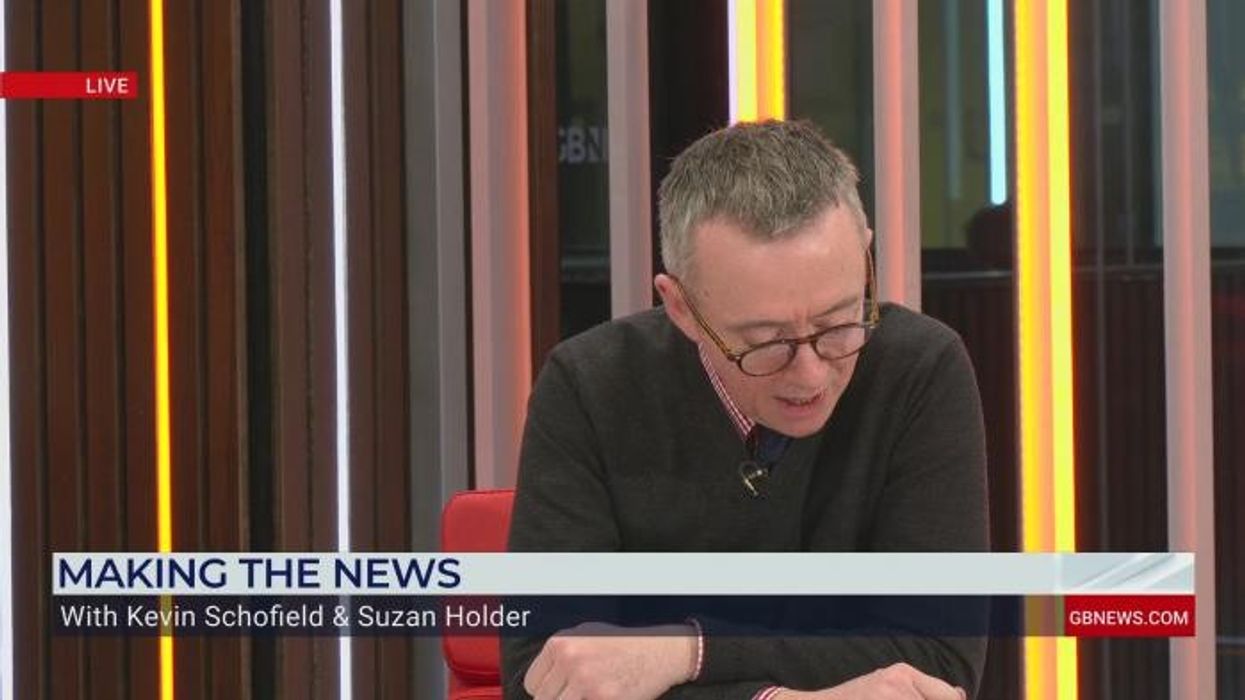
‘Groundhog Day!’ Rachel Reeves issued plea as DWP threaten long-term sick with benefits crackdown |
GBNEWS

The DWP has been slammed as more aggressive than banks when it comes to clawing back overpaid benefits
Don't Miss
Most Read
The Department for Work and Pensions can deduct £60 monthly from Universal Credit payments with minimal warning, leaving vulnerable claimants facing severe financial hardship, according to new research.
The Money and Mental Health Policy Institute has revealed that benefit recipients are being subjected to sudden and harsh debt collection practices when overpayments are identified.
A charity set up by Martin Lewis, the MoneySavingExpert, says the approach to collecting benefits overpayments should be urgently reformed.
Currently, the DWP can directly deduct 15 per cent of someone's monthly Universal Credit payment if they have been overpaid benefits.
For a single adult aged 25 and over, this amounts to £60 monthly - a significant "income shock" for those already on low incomes.
Unlike commercial lenders who must go through the courts in a process taking months, the DWP can forcibly take money directly from benefits within weeks of identifying an overpayment issue.
Overpayments often occur through no fault of the recipient, perhaps due to changes in circumstances or administrative errors. The charity found that these overpayments can accumulate for months without the claimant's knowledge.
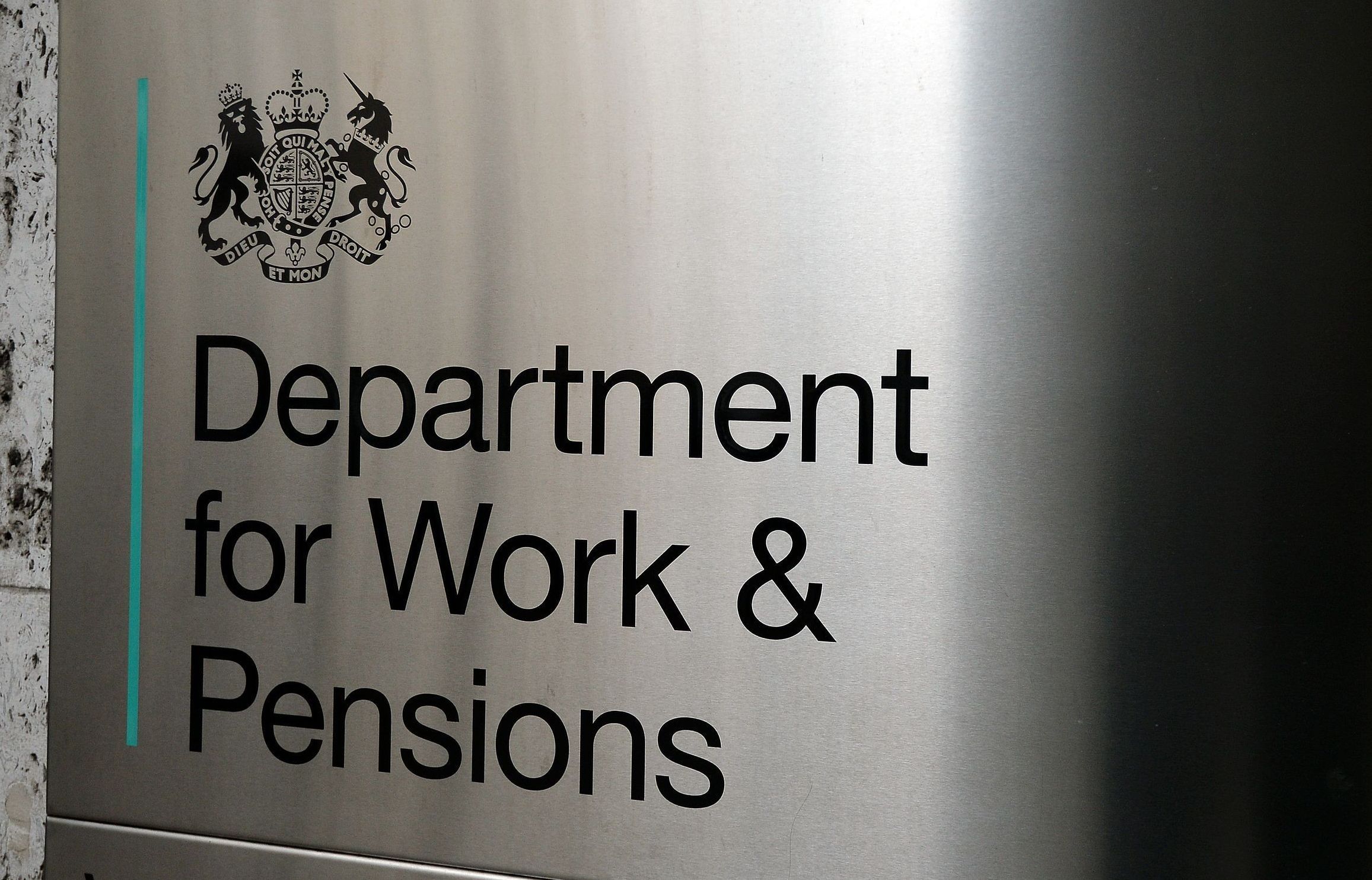
DWP has been slammed as more aggressive than banks when clawing back overpaid benefits
| PARecipients receive messages on their online accounts stating they have been paid more Universal Credit than entitled to and this will now be recouped.
The messaging can be alarming, and whilst people can call the Government to negotiate an affordable repayment plan, this option may not be clearly understood from the communications.
The charity's research highlighted the stark contrast with consumer creditors like banks, credit card companies and utility firms, who are required by regulation to engage extensively with people who owe money before taking action.
The banks are found to be less harsh with their debt collection practices, prompting campaigners to call for reforms.
One person affected by the deductions told researchers: "Having money deducted from my benefits has made it difficult for me to make ends meet and some days I have been not eating because I can't afford to, which is leaving my mental health in tatters."
The impact on mental health and basic living standards has prompted calls for urgent reform of the system.
Helen Undy, chief executive of the Money and Mental Health Policy Institute, said: "The Government's harsh treatment of people who've been overpaid benefits is reminiscent of the carers' allowance scandal."
She added: "Many people we work with are already running out of money for food before the end of the month, suddenly taking £60 from what they have left plunges them into further financial hardship and needless distress."
The charity is calling for the DWP to proactively assess how much people can afford to repay, mirroring the approach taken by consumer creditors who must assess someone's income and essential outgoings.
LATEST DEVELOPMENTS:

The charity is calling for the DWP to proactively assess how much people can afford to repay
| GETTYUndy stated: "The Government has pledged to overhaul how it reclaims carers' allowance, now it needs to do the same for how it collects Universal Credit overpayments.
"Above all, that means proactively giving people a real chance to negotiate a payment plan that they can actually afford, instead of just taking money out of people's income with barely any warning."
The Money and Mental Health Policy Institute also wants debt management standards guidance strengthened across all government departments to protect people in vulnerable circumstances from harm, including those with mental health problems.
The DWP has responded to the criticism, with a spokesperson stating: "While we would urge people to report a change in circumstances to avoid falling into debt, we understand debts do occur and will always support those struggling with repayments to agree affordable plans."
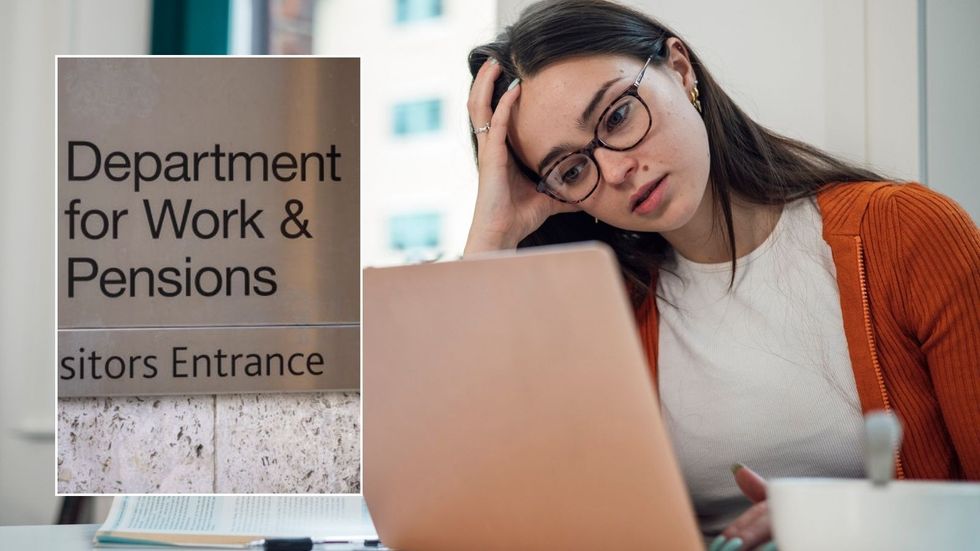
The department highlighted that its new Fraud Bill will help identify overpayments at the earliest stage
| GETTYThe department highlighted that its new Fraud Bill will help identify overpayments at the earliest stage to prevent people falling into debt "in a way that is fair and proportionate."
The DWP noted that agents within its debt management team refer customers to the Money Advice Network for free, impartial debt advice.
The department also remains committed to the Treasury's Breathing Space policy, which provides legal protections from creditor action for a set period to enable people to receive debt advice and enter appropriate debt solutions.
More From GB News








